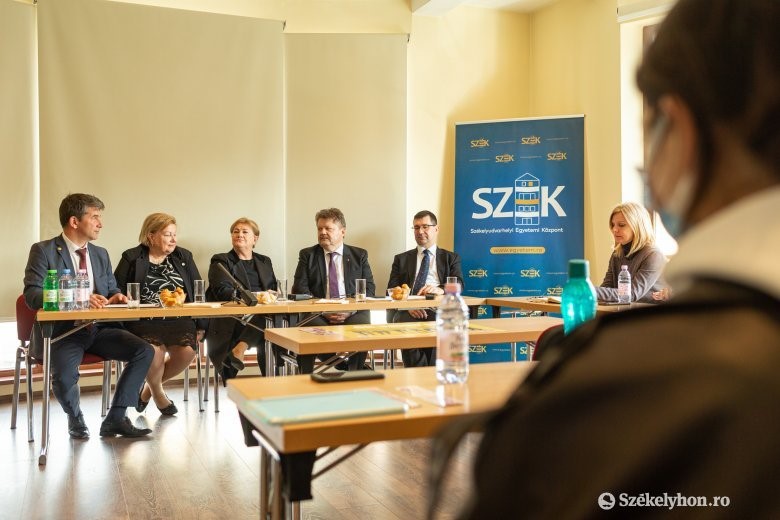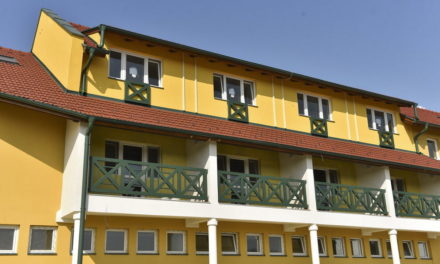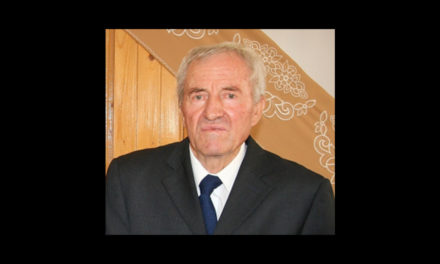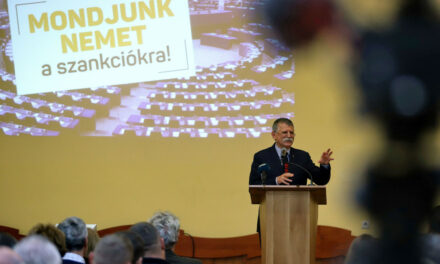On Friday, representatives of the University of Pécs, the Székelyudvarhely University Center, and the National Strategic Research Institute announced the autumn start of university nursing training and health management training in Székelyudvarhely.
Jenő Szász, head of the National Strategic Research Institute, considered the launch of the training to be a dream that local specialists did not even dare to think about a few years ago. As he recalled: in the Székelyudvarhely University Center (SZÉK), since 1998, when he was still the mayor of the city, university courses have been continuously started jointly with partner institutions in Hungary. The University of Pécs is now the sixth Hungarian partner of SZÉK. He also mentioned that the courses in Székelyudvarhely were always accredited in the Hungarian education system, and the graduates were assisted in the naturalization of their diplomas. In contrast, Sapientia obtained Romanian accreditation for its courses with the Transylvanian Hungarian University (EMTE).
Katalin Szili, the prime minister's representative and a member of the board of trustees of the University of Pécs, stated: quality training will be provided with the best specialists, and this will not only serve the interests of Hungarians, but also the interests of Romania, since the disease has no nationality. He also mentioned that the University of Pécs, which has undergone a model change, will become a national network center. Speaking about current issues, the politician considered it important to continue the national policy developed in the past three cycles even after Sunday's Hungarian elections. He believed that this was not a matter of party politics. He expressed hope that people would choose "peace instead of war, security instead of chaos, tranquility instead of fear." Katalin Szili considered the case of discarded mail ballots found near Marosvásárhely to be a provocation. He considered it regrettable that some people are trying to shake the trust invested in postal voting.
István Ágoston, the dean's representative of the University of Pécs, said: the coronavirus pandemic has drawn attention to the fact that a country can deal with challenges only if it has good healthcare and highly qualified healthcare professionals. He added: part of the courses to be launched will be distance learning, another part will be face-to-face, and local specialists are also expected.
Zsófia Verzár, deputy dean of the Faculty of Health Sciences, said: With EU support, a MediSkillsLab was established in Pécs, which provides training for intensive care specialists and anesthesiologists. He added: they want to create something similar in Székelyudvarhely.
Source: Chronicle
Photo: Erdély Bálint Elöd













